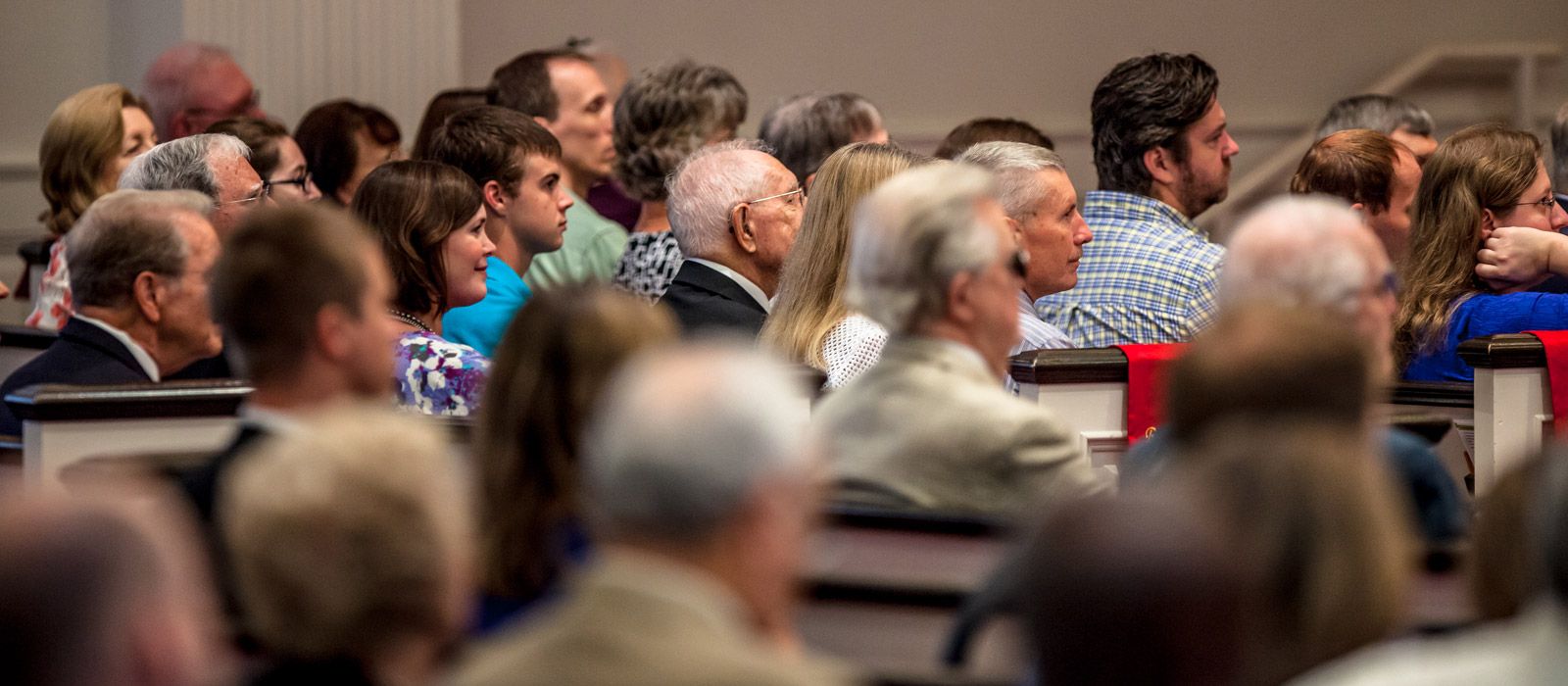WORTH THE READ
Every so often, I will share a review of a book I recommend that will help you in your relationship with Jesus Christ. This week I will be recommending Sharing Jesus Without Freaking Out, by Alvin Reid, published by B&H Academic in 2017.
Most people who attend church at least once a month believe they have a personal responsibility to share their faith, but few actually do. A recent survey from Lifeway found that almost half of churchgoers have never shared their faith or invited someone to church, and 61 percent have not done so in the last six months. In a question asking respondents to rank attributes of growing believers in order of importance, sharing Jesus with others ranked last.
The gap between knowing that you should be a witness of Jesus Christ and actually doing it drove Alvin Reid to write Sharing Jesus Without Freaking Out. Reid was a professor of evangelism at Southeastern Baptist Theological Seminary as well as a pastor to young adults at his church in Wake Forest, NC for many years. He has taught, researched, and done evangelism for decades. His goal is to help us advance the gospel with confidence, using the gifts, talents, and opportunities God has already given us.
Reid believes that part of the reason believers are nervous to witness is due to some unintended consequences of the way churches have taught and modeled evangelism. People liken planned gospel presentations to public speaking more than conversations, and most people fear public speaking. Evangelism training tends to emphasize extroverted, aggressive techniques that leave people who aren’t wired that way feeling like they can’t do it. People think they have to get every detail right or they will lead someone astray, so they don’t say anything at all.
At the same time, many churches unintentionally encourage Christian bubbles with their programming and schedules. With Christian bubbles, believers end up spending most of their time around other saved people. When people don’t know unbelievers or have time in their busy lives to get to know unbelievers, they will have little personal ownership of the Great Commission (Matt 28:18–20).
So if most believers are afraid to witness or don’t know lost people, how do we share Jesus? We need to develop a lifestyle of evangelism, having conversations with people where the gospel naturally comes up. This isn’t as difficult as it sounds. Most conversations are about someone’s passion or someone’s pain, and those are both direct lines to Jesus. Almost every person is open to a genuine conversation from a genuine person, even ones that mention Jesus. We need to learn how to do ordinary life with gospel intentionality.
Most of Reid’s book is a guide to what those conversations might look like, what we might say, and how we can pay more attention to having them. Each of the book’s eight chapters unpacks one essential principle of living an evangelistic lifestyle. The biblical foundation of God creating us for his glory drives our evangelism. We must rely on the gospel ourselves, understand that God has placed us where we are with our unique talents and gifts, and grasp that most people are open to hearing about what God has done to fix their brokenness. Then we can learn to relate to people, have normal conversations that include the gospel, and share Jesus consistently.
Sharing Jesus includes an eight-week study guide and links to further resources online. It’s a book, like it’s message, that’s made to be shared. It would make a great Bible study or family devotion. Most of all, it’s a book written to be lived. As Reid points out in the epilogue, the best time to start sharing Jesus was the day you met him, but the second best time is right now.


